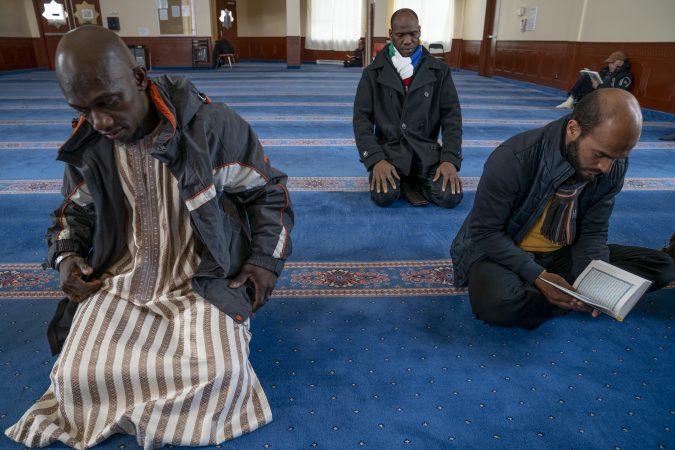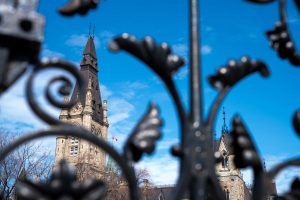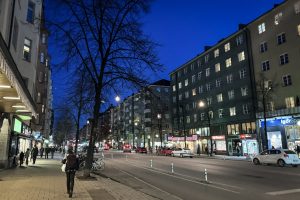Religious tolerance in jeopardy in Quebec
Islam in Quebec
Teachers, police officers and government workers often serve as role models for youth, as symbols of societal order and as people to turn to when seeking help.
In Quebec, the French-speaking province of Canada that often fights for sovereignty from the rest of the nation, a new law makes it illegal for people working those and other public jobs to express themselves with any religious symbols or clothing. That includes Christian crosses, turbans worn by Sikhs, the hijab worn by some Muslim women and the kippah, or yarmulke, worn by some Jews.
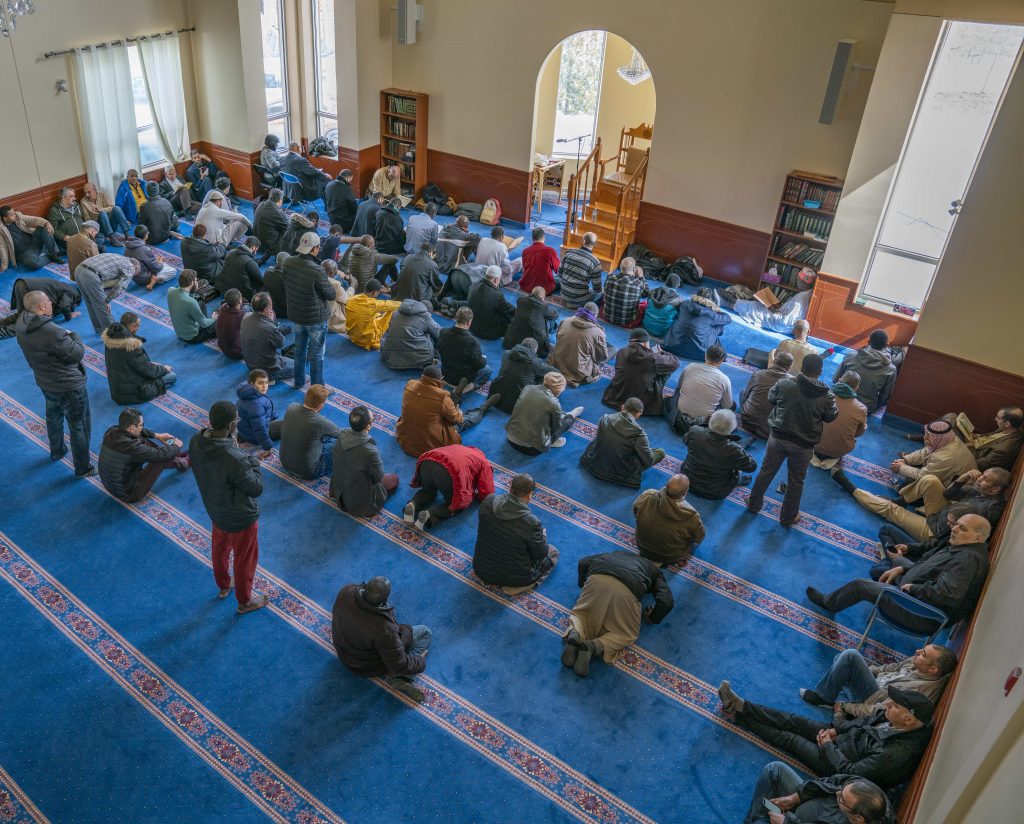
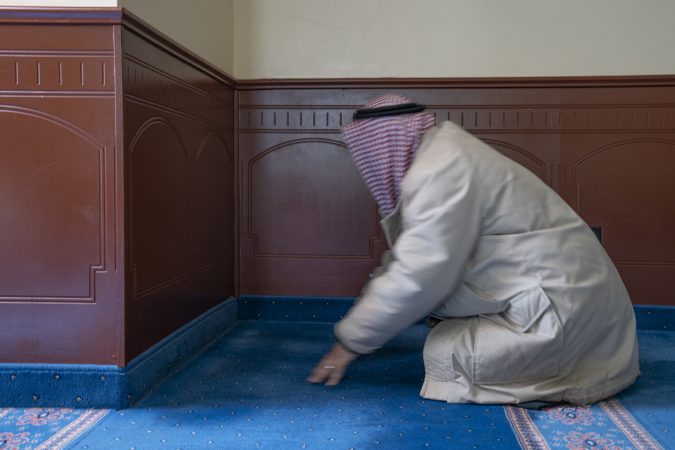
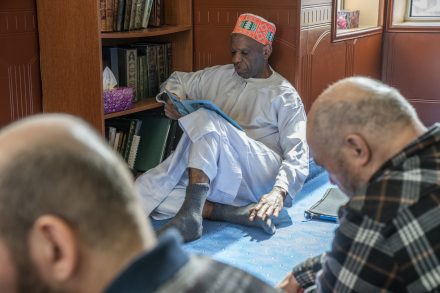
The proposed law stems from a French statute called ŌĆ£la la├»cit├®.ŌĆØ This phrase is often translated into a meaning similar to ŌĆ£secularism.ŌĆØ The law was first passed in 1905 in a bid to limit the Catholic clergy’s extensive influence over French society. Today, though, the law is used to severely limit religious expression in public spaces.
Heavily influenced by French culture, the same impulse is starting to take root in Quebec. In October 2017, Quebec lawmakers passed Bill 62, which prevented anyone from using public services while covering their faces. This was seen as a direct response to Muslim women wearing face coverings such as the Burka or the Niqab.
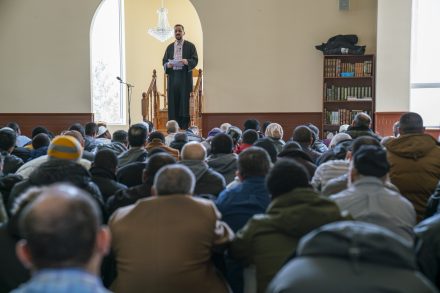
In March 2019, the Qu├®b├®cois political group Coalition Avenir Quebec (CAQ) proposed ŌĆ£The Secularism Bill,ŌĆØ which passed into law June 16 by a 73-35 vote. It further limits what individuals can wear when in the public sphere. Instead of just focusing on face coverings, it focuses on religious symbols of any kind, including crosses and stars of David, for instance.
Amidst the turmoil caused by these new and proposed laws, the Muslim community in Gatineau – one of the smallest in all of Canada – remains devout.
Editor’s Note: This story, first published May 30, 2019, before the Bill 21 vote, has been updated to reflect the law’s passage.
